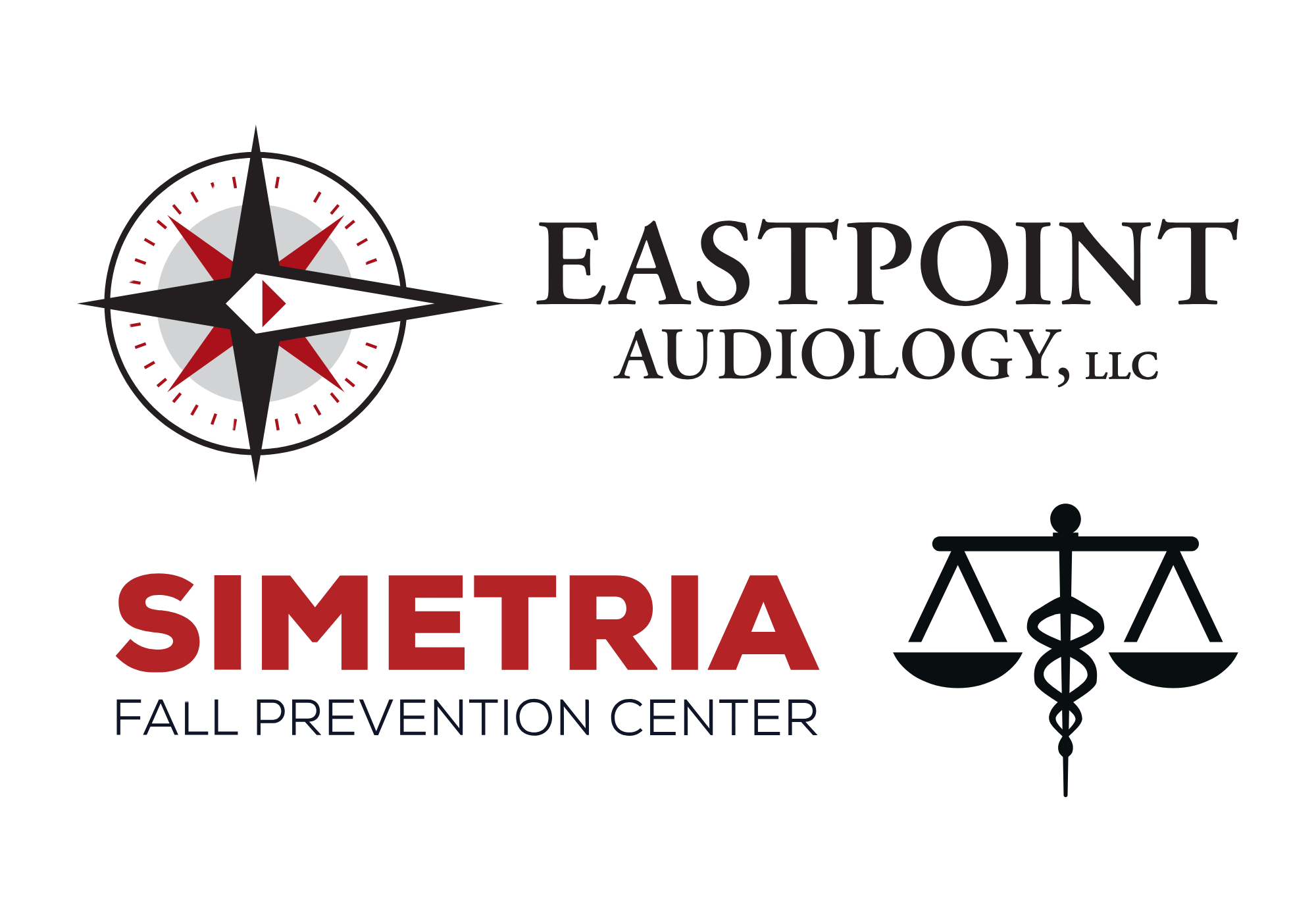The first thing to do, when you start to identify that you have hearing loss, is to prevent further damage. There are, in fact, some simple measures you can take to safeguard your ears and limit further hearing loss.
Step 1: Keep Your Ears Clean
Did you clean behind your ears? It’s one of those initial hygiene lessons you learn (or should have learned), right? In terms of hearing health, however, we’re not concerned with the space behind your ears, but rather your inner ears.
There are multiple ways that keeping your ears clear of wax can assist your hearing:
- Your hearing can also be interfered with if you get a serious ear infection which can also be a result of unclean ears. Your hearing will return to normal after the ear infection clears.
- If you have a hearing aid, earwax buildup can interfere with its function as well. This may make it seem as though your hearing is getting worse.
- When wax buildup becomes severe, it can block sound from getting into your inner ear. As a result, your hearing becomes weakened.
- Over time, untreated hearing loss can impact your brain and your ability to decipher sounds.
If you observe earwax buildup, it’s absolutely not advisable that you dig around in there with a cotton swab. Further damage can be caused by cotton swabs and they will frequently worsen your ability to hear. Over the counter ear drops are a better idea.
Step 2: Avoid Loud Noises
This one is so instinctive it almost shouldn’t be on the list. The issue is that most individuals aren’t entirely certain what a “loud noise” actually is. Over an extended time period, for instance, your ears can be damaged by driving on a busy highway. Your lawnmower motor can be fairly taxing on your ears, too. As you can tell, it’s not just blaring speakers or loud rock concerts that damage your ears.
Some practical ways to avoid harmful noises include:
- When you’re listening to music or watching videos keep the volume on your headphones at a manageable volume. When dangerous volumes are being reached, most phones have a built in warning.
- When you can’t steer clear of loud environments, use hearing protection. Do you work on a loud factory floor? Do you really want to attend that rock concert? That’s great. Just use the required ear protection. Modern earplugs and earmuffs offer abundant protection.
- When volume levels get too loud, an app on your phone can alert you of that.
The damage to your ears from loud noises will develop gradually. So, even if your hearing “seems” okay after a noisy event, it may not be. Only a hearing specialist can give your hearing a clean bill of health.
Step #3: Treat Any Hearing Impairment You Might Have
Hearing loss accumulates generally speaking. So, the sooner you recognize the damage, the better you’ll be capable of preventing additional damage. So in terms of stopping hearing loss, treatment is so significant. Your hearing will get the greatest benefit if you seek out and follow through on effective treatment.
Here’s what you can expect:
- Hearing aids can prevent some, but not all, damage. Hearing aids will, for example, allow you to listen to the TV or music at a lower volume, avoiding damage. Because hearing aids prevent this damage, they can also prevent further decline of your hearing.
- The chance of developing hearing loss related health problems is reduced by wearing hearing aids because they prevent social isolation and brain strain.
- We can give personalized guidelines and advice to help you avoid added damage to your hearing.
You Will be Benefited in The Future by Limiting Hearing Loss
Even though it’s true that hearing loss can’t be cured, getting treatment for your hearing loss will help prevent further damage. In many cases, hearing aids are one of the principal ways to accomplish that. Getting the correct treatment will not only prevent additional damage but also keep your present hearing level in tact.
Your allowing yourself the best possibility for healthy hearing into the future by using ear protection, getting the correct treatment, and exercising good hearing hygiene.

